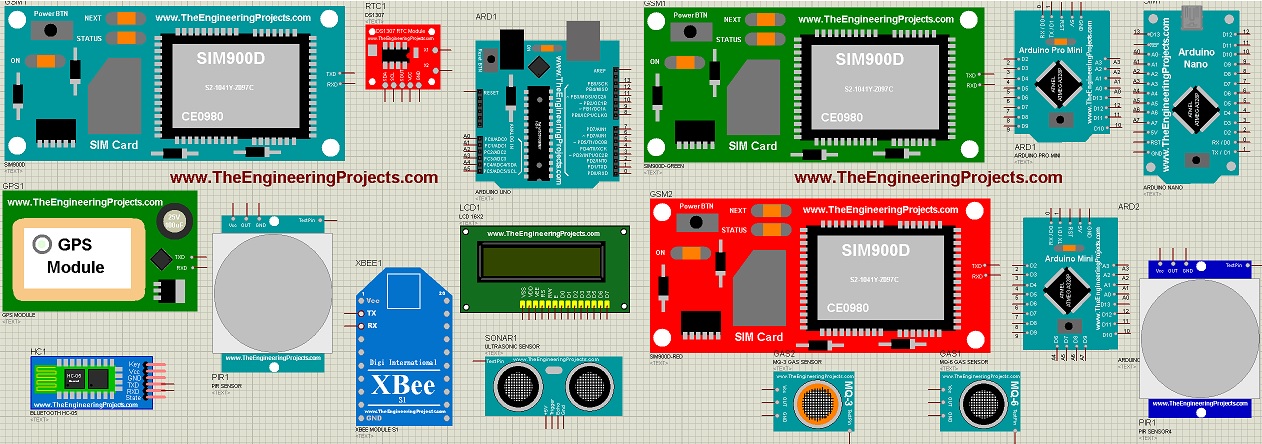
Proteus 8 Language Pack
How to import our free library content into Proteus Libraries.
Proteus ( PROcessor for TExt Easy to USe) is a fully functional, procedural programming language created in 1998 by Simone Zanella. Proteus incorporates many functions derived from several other languages:,,, /dBase; it is especially versatile in dealing with strings, having hundreds of dedicated functions; this makes it one of the richest languages for text manipulation. Proteus owes its name to a Greek god of the sea (), who took care of Neptune's crowd and gave responses; he was renowned for being able to transform himself, assuming different shapes.
Transforming data from one form to another is the main usage of this language. Contents • • • • • • • Introduction [ ] Proteus was initially created as a multiplatform (,, ) system utility, to manipulate text and binary files and to create scripts. The language was later focused on Windows, by adding hundreds of specialized functions for: network and serial communication, database interrogation, system service creation, console applications, keyboard emulation, scripting (for ). Most of these additional functions are only available in the Windows flavour of the interpreter, even though a version is still available. Proteus was designed to be practical (easy to use, efficient, complete), readable and consistent. Its strongest points are: • powerful string manipulation; • comprehensibility of Proteus scripts; • availability of advanced data structures:, (single or double),,,,. Koel bird sound ringtone free download.
The language can be extended by adding user functions written in Proteus or created in C/. Language features [ ] At first sight, Proteus may appear similar to Basic because of its straight syntax, but similarities are limited to the surface: • Proteus has a fully functional, procedural approach; • variables are untyped, do not need to be declared, can be local or public and can be passed by value or by reference; • all the typical control structures are available (if-then-else; for-next; while-loop; repeat-until; switch-case); • new functions can be defined and used as native functions. Data types supported by Proteus are only three: integer numbers, floating point numbers and strings. Access to advanced data structures (files, arrays, queues, stacks, AVL trees, sets and so on) takes place by using handles, i.e. Integer numbers returned by item creation functions. Type declaration is unnecessary: variable type is determined by the function applied – Proteus converts on the fly every variable when needed and holds previous data renderings, to avoid performance degradation caused by repeated conversions. There is no need to add parenthesis in expressions to determine the evaluation order, because the language is fully functional (there are no operators).
Proteus includes hundreds of functions for: • accessing file system; • sorting data; • manipulating dates and strings; • interacting with the user (console functions) • calculating logical and mathematical expressions. Proteus supports associative arrays (called sets) and AVL trees, which are very useful and powerful to quickly sort and lookup values. Two types of are supported: • extended (Unix like); • basic (Dos like, having just the wildcards '?' Both types of expressions can be used to parse and compare data. The functional approach and the extensive library of built-in functions allow to write very short but powerful scripts; to keep them comprehensible, medium-length keywords were adopted. The user, besides writing new high-level functions in Proteus, can add new functions in C/C++ by following the guidelines and using the templates available in the software development kit; the new functions can be invoked exactly the same way as the predefined ones, passing expressions by value or variables by reference.
Proteus is an interpreted language: programs are loaded into memory, pre-compiled and run; since the number of built-in functions is large, execution speed is usually very good and often comparable to that of compiled programs. One of the most interesting features of Proteus is the possibility of running scripts as services or scripts. Running a Proteus script as a service, started as soon as the operating system has finished loading, gives many advantages: • no user needs to log in to start the script; • a service can be run with different privileges so that it cannot be stopped by a user.